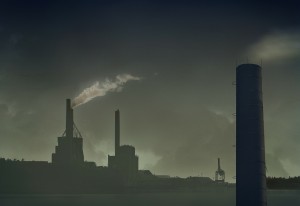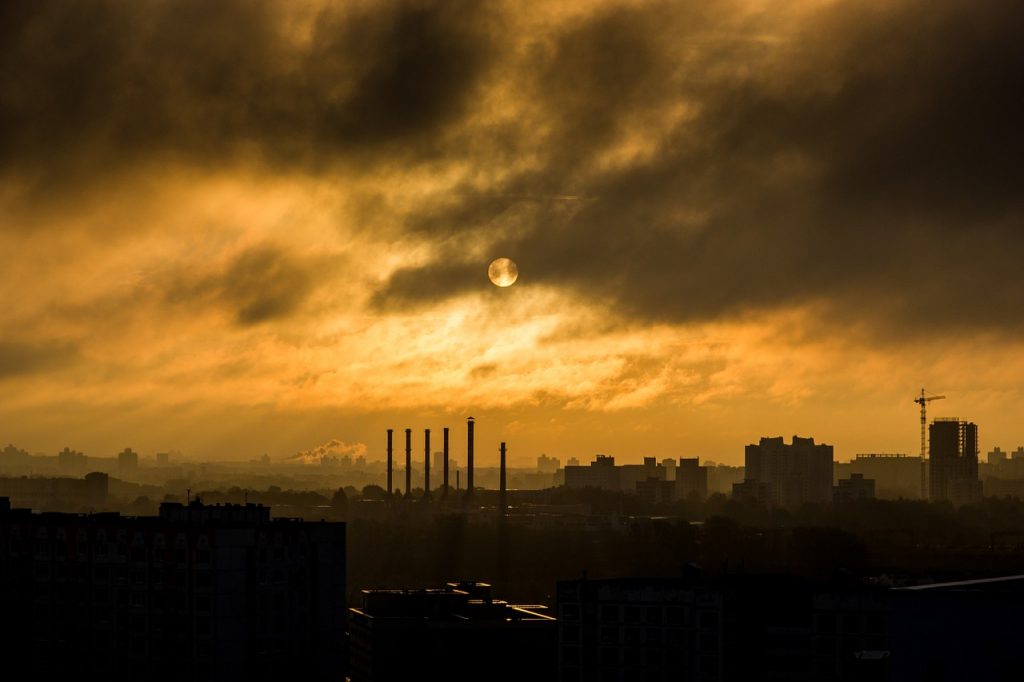China’s cities (specifically Beijing and Shanghai) are known for its smog, and it’s a big problem. Aside from the obvious aesthetic problems, smog can cause a wide range of diseases and negatively impact the environment – but how bad is the issue? Is it really as damaging as the media portrays?
Smog Problems of the Past
Smog has been a problem in China for quite some time. Back in 2014, Beijing experienced more than 200 days of air pollution that were categorized as “unhealthy” or worse, and 21 days were “hazardous,” according to the U.S. Embassy in Beijing.
Red alerts forced the closure of schools and prevented locals from using their motor vehicles. A survey conducted by the Pew Research Center in 2015 found that 76 percent of people in China knew air pollution was a big problem. About 35 percent considered it a big problem.
 Far-Reaching Problems
Far-Reaching Problems
Some experts believe that smog issues are no longer just a city issue in China. This year, remote areas are beginning to see air pollution as well, such as the Xinjiang Uyghur Autonomous Region.
China’s Premier Li Keqiang declared a war on air pollution in 2014, and a goal was set to reduce PM 2.5 by 20 percent over five years. PM 2.5 is the term used to describe the particles that cause respiratory, cardiovascular, and other health issues. High concentrations of these particles create smog-like atmospheres.
The country has been investing more in renewable energy, but it is still going through a noticeably hazy winter. Its dependency on coal for heat throughout the country continues to fuel the air pollution problem.
Temporarily Coping with Smog
What are residents doing to handle the smog? Some are traveling to “cleanse their lungs.”
A report published by Ctrip.com International Limited found that “smog escape,” “lung cleansing,” and “forests” have been popular online keywords searched by travelers this winter. Tourist destinations in the Seychelles, Maldives, and Iceland are boasting about their fresh air, according to researchers.
So how much does fresh air help tainted lungs?
There isn’t much out there in terms of hard research, but the Environmental Protection Agency says “buyer beware” about items marketed as “air cleaners.” Perhaps it’s best to use forms of protection, such as masks, when necessary.
Sources
Gao, George. “As smog hangs over Beijing, Chinese cite air pollution as major concern.” Pew Research Center. Published Dec. 20, 2015.
Zhang, Junfeng. “Don’t Blame the Weather For China’s Smog.” Fortune. Published Jan. 9, 2017.
“Ozone Generators that are Sold as Air Cleaners.” EPA.gov. Retrieved Jan. 10, 2017.
Chen, Sarah. Li, Hui. “From Antarctica to Iceland, Chinese Seek ‘Lung-Cleansing’ Trips.” Bloomberg. Published Jan. 8, 2017.
